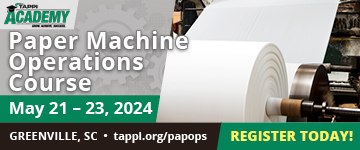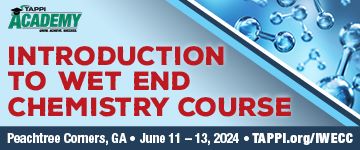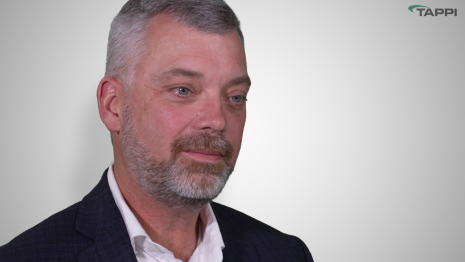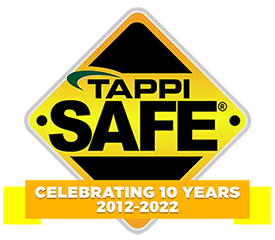 2024 Introduction to Wet End Chemistry Course
2024 Introduction to Wet End Chemistry Course
2024 Introduction to Wet End Chemistry Course
TAPPI Headquarters - Peachtree Corners, GA
Tuesday, June 11, 2024 to Thursday, June 13, 2024
The TAPPI Introduction to Wet End Chemistry course equips you with the latest technology and terminology for optimum papermaking performance.
Instructors for this course know that quality products and cost savings are both important objectives, so they focus this three-day interactive training on innovative wet end chemistry principals and the use of additives to efficiently change or create new paper products.
This is the only training program that offers an in-depth focus on additives and what they can and can't do for your process.
Through case studies, break-out sessions and networking with others in the course, you’ll learn how to:
- Implement new wet end technology to reach higher efficiency and consistent, quality products
- Use additives to improve or create new products
- Reduce downtime and off-spec production
- Make better judgments on selection and use of chemicals
- Better troubleshoot problems
- Respond quickly to changing fiber qualities, regulations and competitive pressures
This course is ideal for engineers involved in training, particularly within mills that have brought in newer employees or lost valuable experience through retirement. Many chemical engineers entering paper mills today don’t have a specific background in pulp and paper manufacturing and may not understand how to apply what they’ve learned to the papermaking wet end process.
In this course, you will learn the importance of better communication of correct terminology in context to the chemicals and additives used in making better paper products that can rev up production.
Learning Outcomes
You could pour over all the how-to manuals available and still not retain this level and quality of working knowledge. Completing this workshop will enable you, among other skills, to:
- Identify the properties of papermaking furnish and the process components and discuss how they interact to affect wet-end chemistry phenomena.
- Discuss possible solutions to paper machine process and paper quality problems associated with wet end additives and arising from chemical deposits.
- Identify additives that can be used to change the balance of charge for purposes of process control, trouble-shooting and optimization situations.
- Identify the most important factors affecting first-pass retention and the rate of drainage of water from the fiber mat during paper formation.
- Identify classes of wet-end chemical additives that can be used to achieve paper property objectives in various grades.
This course sets a maximum number of participants to encourage the most interactive discussions possible with ample question-and-answer opportunities.
Who is Attending?
This course is designed for superintendents, product developers, process engineers, process and quality control technicians, as well as suppliers who need an introductory- to intermediate-level understanding of wet end chemistry.
- Chemical and Process Engineers
- Mill Superintendents and Department Managers
- Research and Development Engineers
- Technology and Chief Chemists
- VP Research and Development
- Technology Directors
- Process & Quality Control Technicians
- Account Representatives for Chemical, Machinery, Equipment Suppliers
Participants should have one to five years of paper industry experience, and college-level chemistry and math courses are helpful.
What Previous Attendees Say
“I liked the case studies and opportunities to ask the instructors questions about the material from angles relevant to my work. Nice class size."
"I better understand the wet end and can contribute better to optimization & trouble shooting”
"I'm sure I will be a better salesman and a better technical assistant.”
“I now understand what happens upstream.”






